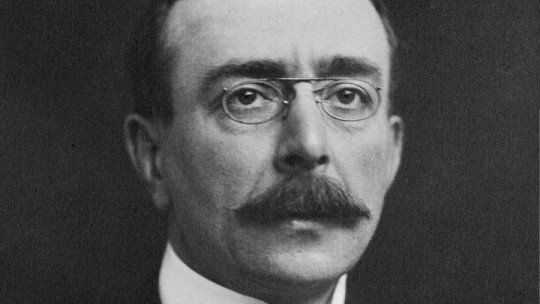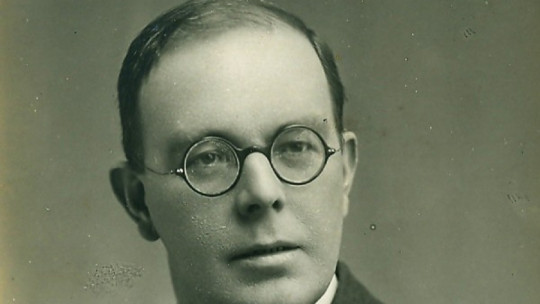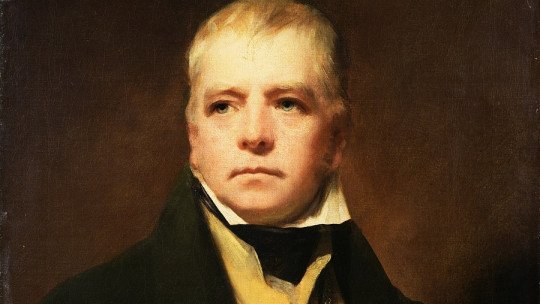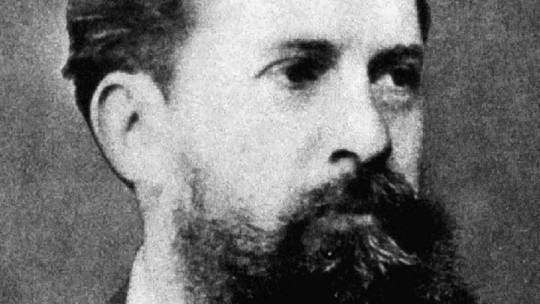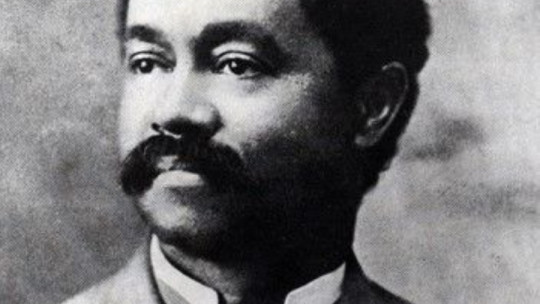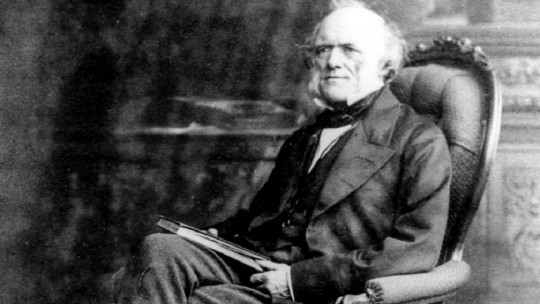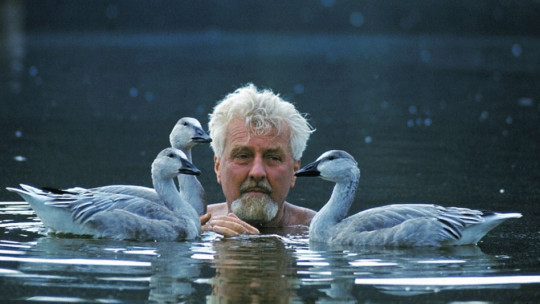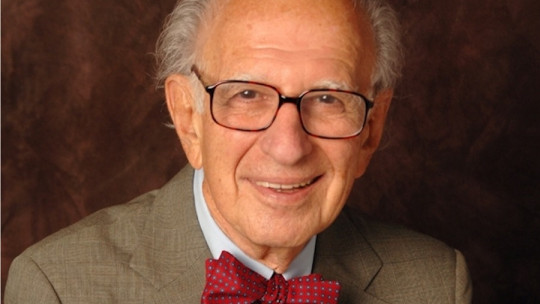Different branches of medicine are dedicated to the study of the nervous system, such as neurology and neurophysiology. Fortunately, these two disciplines have come a long way over the years. An outstanding figure in this regard was Charles Scott Sherrington, English neurophysiologist and Nobel Prize winner in Medicine in 1932.
In this article We will learn about this important figure in the history of medicine through a biography of Charles Scott Sherrington and we will comment on the most relevant contributions and data about his academic and professional career.
Charles Scott Sherrington Biography: Who Was He?
Charles Scott Sherrington (1857-1952) was an English neurophysiologist and Nobel Prize winner in Medicine who was born in Islington, London, on November 27, 1857, and who died in Eastbourne (England), on March 4, 1952. This English doctor focused on studying, above all, the different functions of the cerebral cortex.
Charles received the Nobel Prize in Medicine in 1932, thanks to his contributions in the field of neurophysiology. His contributions for which he received this award had to do with the functioning of the nervous system from the point of view of the neuron and the synapses and his work on the functions of the cerebral cortex, as well as his reflexological research.
Childhood, adolescence and personal life
When Charles Scott Sherrington was still young, his father died. His mother remarried, this time to Caleb Rose, who came from a cultured family passionate about literature and art, fields that also interested Charles.
As a child (and also as a teenager), Charles was a great athlete, who stood out in different schools, such as Queen Elizabeth’s School (Ipswich), where he attended in 1871, and Gonville and Caius College (Cambridge), a little later. . It was in the latter where Charles practiced rugby and also rowing. On the other hand, he also stood out in winter sports in Grindelwald.
Regarding his personal life, we highlight his wedding to Ethel Mary, in 1892, daughter of John Ely Wright.
Trajectory
Charles Scott Sherrington began his studies in medicine at St.Thomas Hospital in 1876 , and two years later, in 1878, he passed the Royal College of Surgenos examination. He stayed in Edinburgh and later traveled to Cambridge in 1879.
It is there, at the University of Cambridge, where he carried out much of his career in medicine, and where he graduated in 1885. Charles He was influenced by the physiologist Michael Foster who was one of his teachers.
Two years after graduation, Charles Scott Sherrington began working at St. Thomas Hospital, where he had previously been, this time to teach medicine. Later, he developed different experiments in the veterinary department of another university, the University of London, which was called the Brown Institution.
Charles’s academic and professional life took turns, and in 1885 he began working as a professor of medicine at the University of Liverpool. Later, in 1913, He worked as a professor of physiology at the University of Oxford one of the most important in the world and with the greatest reputation.
Achievements
Regarding his achievements and professional recognitions, in addition to the aforementioned and outstanding Nobel Prize winner, Charles Scott Sherrington He was president of the Royal Society for five years, from 1920 to 1925 The Royal Society, with its full name “Royal Society of London for Improving Natural Knowledge”, in Spanish translates as “Royal Society of London for the Advancement of Natural Science”.
This society is the oldest scientific society in the United Kingdom, as well as one of the oldest at European level, and has received the participation, contribution and collaboration of very important scientists over many years, from different fields and areas.
Charles also received awards for his academic and professional work. Some of them were: the Grand Cross of the British Empire, in 1922, and the Order of Merit, two years later, in 1924.
After a long career dedicated to the academic field, Charles retired from classes in 1935. However, He continued offering lectures and writing different publications on medicine and neurophysiology
Relevant contributions to science
Neurophysiology, the science to which Charles Scott Sherrington dedicated his entire life, is a specialty of medicine and at the same time a branch of neurosciences Its mission is to study the central nervous system (CNS) and the peripheral nervous system (PNS).
That is, the brain and spinal cord (CNS) and the muscles, nerves and sensory organs (PNS). All of this also implies addressing all those diseases or pathologies that affect one of these two systems (or both).
Charles introduced the concept of “synapse” in 1897 Following this, he postulated the synaptic hypothesis, which described the interactions that occurred between reflexes; According to this hypothesis, neuronal information travels from neuron to neuron, and it does so through a small interval between cells, called “synapse.”
Also, Charles Scott Sherrington contributed to the description of the nervous mechanisms of muscle movement
Charles pointed out that nervous stimulation of one muscle is capable of inhibiting, in turn, the movement of the opposite muscle. He called this phenomenon “Sherrington’s Law.”
Another of Charles’ contributions was the classification of human sensory organs, according to the origin of the stimulus they perceive Specifically, he grouped them into: exteroceptive, interoceptive and proprioceptive organs.
On the other hand, it should be noted that Charles Scott Sherrington He is considered the father of English neurology, along with John Hughlings Jackson an English neurologist, who was also part of the Royal Society, along with Charles.
In this sense, Charles’ contributions stand out in relation to treatments and the subsequent development of the medical specialty of neurosurgery.
Plays
As for his works, these are numerous, but we are going to mention two of the most important: The integrative action of the nervous system (1904) and Reflex activity of the spinal cord (1932).
Death and legacy
After a lifetime dedicated to neurophysiology and the study of the nervous system, Charles’s health became fragile, and Charles Scott Sherrington died, at the age of 95, due to heart failure.
It happened in an English city, Eastbourne, on March 5, 1952. To this day, Charles is still considered one of the pioneers of English neurology

